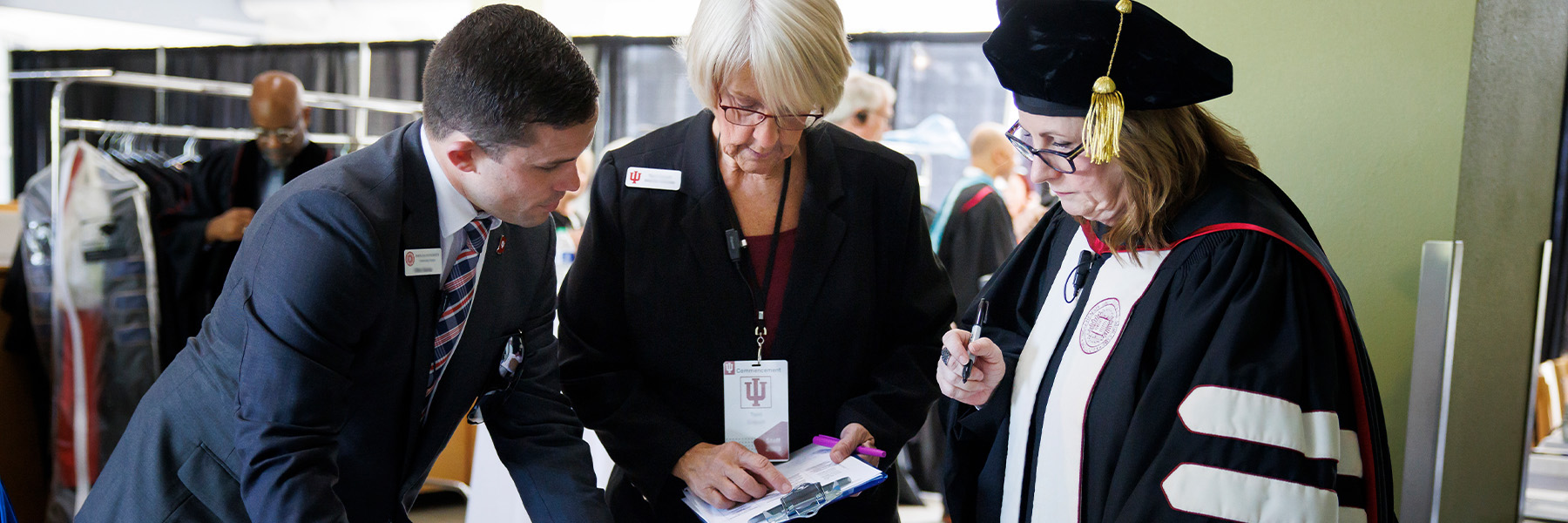Compensation Programs monitors pay trends and practices to ensure IU’s pay structures are competitive with the relevant labor markets. The classification of positions is determined in consultation with leaders and HR partners.
Hiring and onboarding at Indiana University
Website improvements in process
We’re currently updating the IUHR website following a recent redesign. Some pages may be incomplete or undergoing changes as we work to improve your experience.
Thank you for your patience during this transition.
We welcome your help! Contact us to report missing information, errors/broken links, or to offer your feedback:


